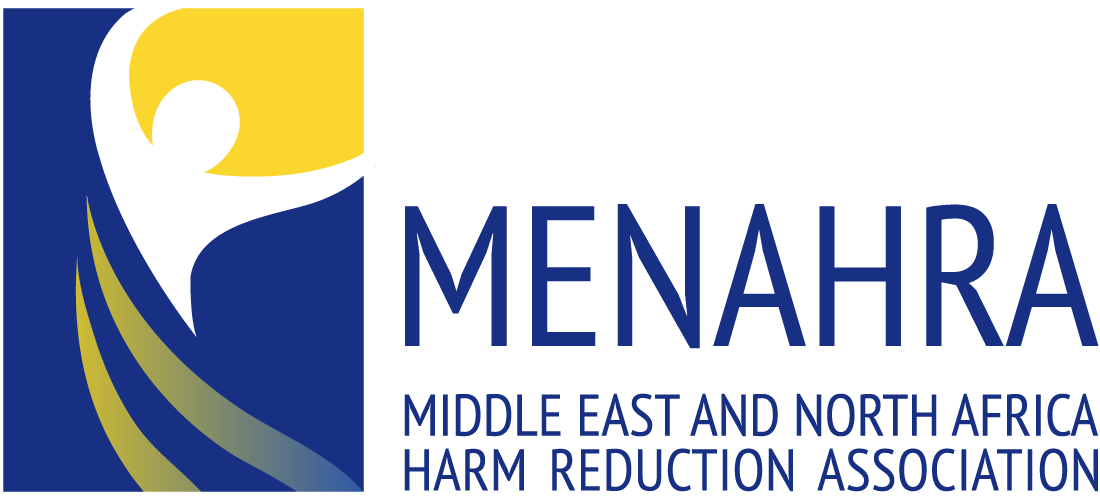Tuberculosis (TB) remains a significant global health challenge, imposing a substantial burden on healthcare systems worldwide despite being preventable and curable.
To comprehensively address TB, the Stop TB Partnership introduced innovative tools such as the Community, Rights, and Gender (CRG) Assessment to identify structural inequities, gender disparities, and human rights issues hindering access to TB diagnosis, treatment, and care.
Under the auspices of MENAHRA and with generous backing from the Stop TB partnership, a comprehensive CRG assessment was undertaken in Lebanon. Following the directives of the Stop TB partnership, this assessment adopted a participatory approach involving a multitude of stakeholders and Civil Society Organizations (CSOs) dedicated to TB patients and key vulnerable populations (KVPs) susceptible to TB infection. KVPs encompassed refugees, prisoners, undocumented migrant workers, People Living with HIV (PLHIV), People Who Use Drugs (PWUD), and Lebanese individuals grappling with extreme poverty.
Aligned with the CRG assessment methodology endorsed by the Stop TB partnership, the research in Lebanon adhered to a modified version of the right to health framework. This framework delineates seven critical dimensions concerning human rights principles pertinent to TB response, including Availability, Accessibility, Acceptability, and Quality (AAAQ), Non-discrimination and Equal Treatment, Health-related Freedoms, Gender, Vulnerable and Marginalized Groups, Participation, and Remedies and Accountability. The primary aim of the Tuberculosis CRG study in Lebanon was to evaluate the efficacy of implementing these principles within the country’s TB response. Employing qualitative research methods, the TB CRG Assessment integrated secondary data from desk reviews with primary data collected through Key Informant Interviews (KIIs), focus group discussions, and informal interviews with diverse stakeholders. Participants ranged from individuals directly impacted by TB and their care givers to healthcare providers, policymakers, representatives of KVPs, and gender experts.
The findings of the CRG assessment illuminated the state of TB services in Lebanon, a context where TB research is scarce.
(Click to download the CRG Assesment)
—
